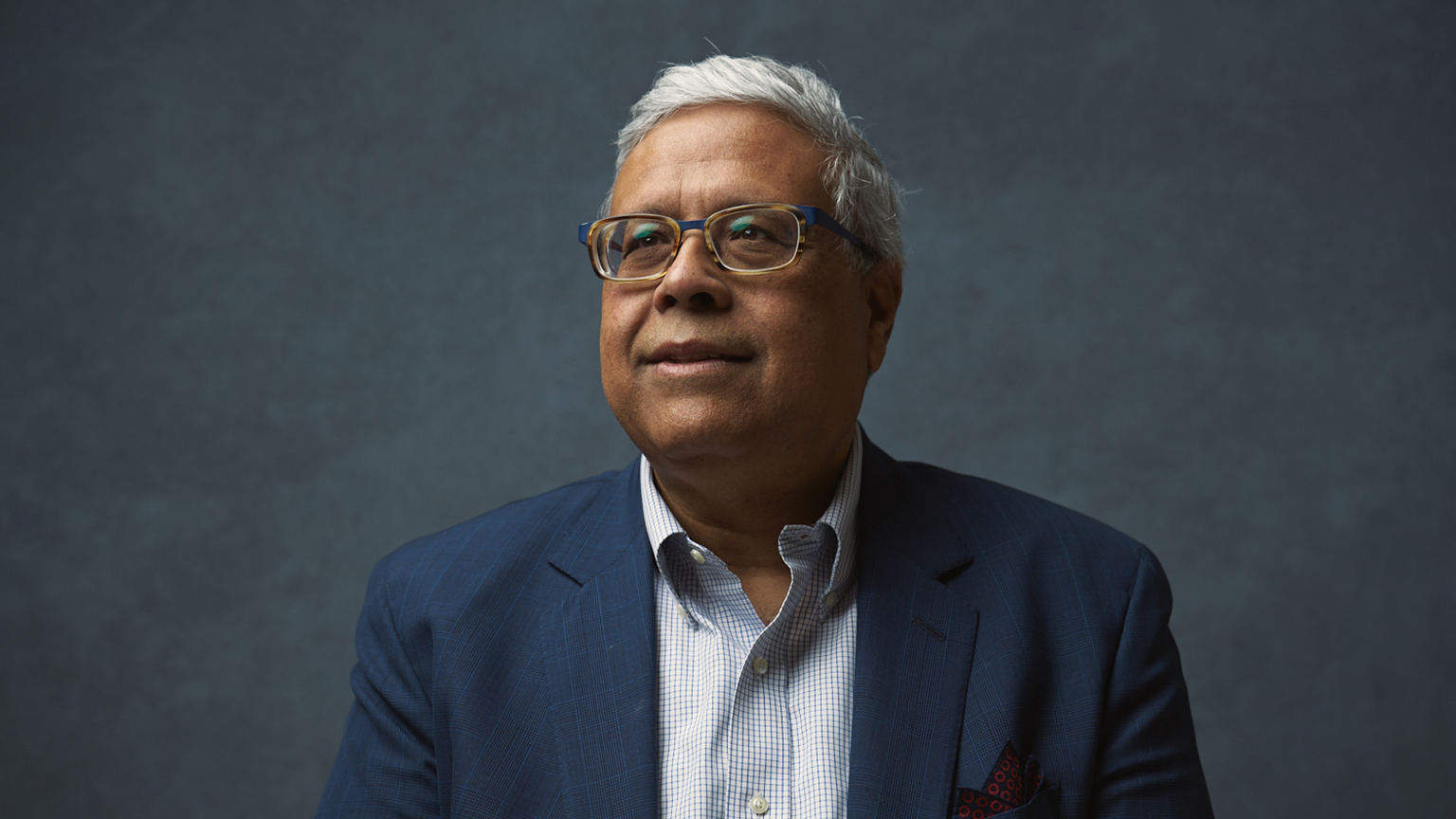
This op-ed piece by Ishwar K. Puri originally published in The Hill Times.
Tragedy, suffering, and uncertainty have trailed in the wake of COVID-19, bringing social and economic turmoil, and hurting people everywhere.
The pandemic is a grand challenge that threatens our safety and our very existence.
This challenge is also a unique opportunity for universities to lead and innovate in ways that will benefit humankind well beyond the pandemic.
Canada’s universities have the talent and ideas to ensure that the disruption visited upon us will leave solutions that will benefit us long after the pandemic is overcome.
We need sustainable, ethical and responsible solutions for prevention, treatment, and protection to deal with the virus itself. To overcome its far-reaching impacts, we must restructure the way that goods, services and care are provided, at home and internationally.
Just as cholera gave rise to modern sanitation and the Spanish flu spawned public health, the battle to overcome COVID-19 will inevitably yield new and beneficial knowledge.
That is where we are focusing our resources on research and education alike.
In the Faculty of Engineering at McMaster University, where I serve as Dean, we have moved quickly, seizing our share of responsibility to help resolve this crisis.
Our researchers have risen to the expectation that we must provide solutions swiftly. They have taken the enormous problems that COVID has created and broken them into manageable pieces.
Much of this work has been direct and immediately relevant, as it is for Ravi Selvaganapathy, Canada Research Chair in Biomicrofluidics, who is leading our Centre of Excellence in Protective Equipment and Materials, and Tohid Didar and Leyla Soleymani, entrepreneurial faculty members adapting the bacteria-repellent wrap they invented to stop the transfer of COVID 19 to commonly used surfaces.
Civil engineers Zoe Li and Wael El-Dakhakhni are developing a reliable model for municipal facility operations and reopening decisions to be made in a smarter, faster and more strategic manner.
Carlos Filipe, a leading chemical engineer, is embedded in a team working with vaccine manufacturers to store and transport vaccines safely without refrigeration. My research group has developed a home testing kit to rapidly detect SARS-CoV-2 antibodies in human blood.
All these names, including mine, are of immigrants.
Canada succeeds when its universities celebrate talent, no matter where it originates.
Across our university, McMaster’s leading researchers in many disciplines are working with one another and collaborating with national and global partners through the Global Nexus for Pandemics and Biological Threats.
These are but a few examples.
In my three-decade career in academia, I have never seen university researchers pivot as rapidly to solve a grand challenge problem. That we were prepared to step up so quickly points to the significance of continuing investment in research.
Canada succeeds when it strengthens its research granting councils.
Tackling COVID-19 head on has given our researchers and students hope and made us realize that we have the agency and the expertise to make a difference.
In my faculty, deploying our researchers as effectively as possible has also hastened the ongoing process of making engineering education more practical and relevant.
Our engineering researchers find answers, not by working on their own, but in partnership with medical and scientific researchers, communicators, policymakers, government agencies and industry.
This is a good example for our students to follow.
The threat of infection has forced us to set aside our traditional methods of teaching and identified opportunities to create newer and better ways of educating students that allow us to more tightly weave together education and research.
From the time they start their undergraduate studies, we ask students to work in labs so they learn to inquire and understand complex problems. They work in diverse multicultural teams that create solutions by understanding how to integrate different disciplines and perspectives.
Our students responded from the start when the pandemic loomed, from designing PPE and ventilators to engaging with our community to propose new ways to keep the local farmers’ market going safely.
Moving our teaching online has forced us to rethink what our students need to know and how to present this to them most effectively and efficiently.
Our instructors have accelerated the conversion of formal lectures to more engaging project-based and challenge-based learning, where students learn to solve problems in teams under careful expert guidance and mentoring. This is how engineering research is meant to be done.
Students are learning about subjects in virtual classrooms but also gaining valuable research skills. Assignments are being drawn from real-world examples that encourage them to inquire, research background material and generate solutions.
Our future graduates are learning to be agile in the face of increasing complexity.
Across the country, and around the world, entire institutions like ours are stepping up with a shared purpose. This concentrated effort will make a difference, playing a significant role in overcoming the pandemic.
Necessity is indeed the parent of invention. While the pandemic entered uninvited, we accepted the challenge to up our game and do our part in bringing it to an end.
Canada succeeds by supporting its universities.
